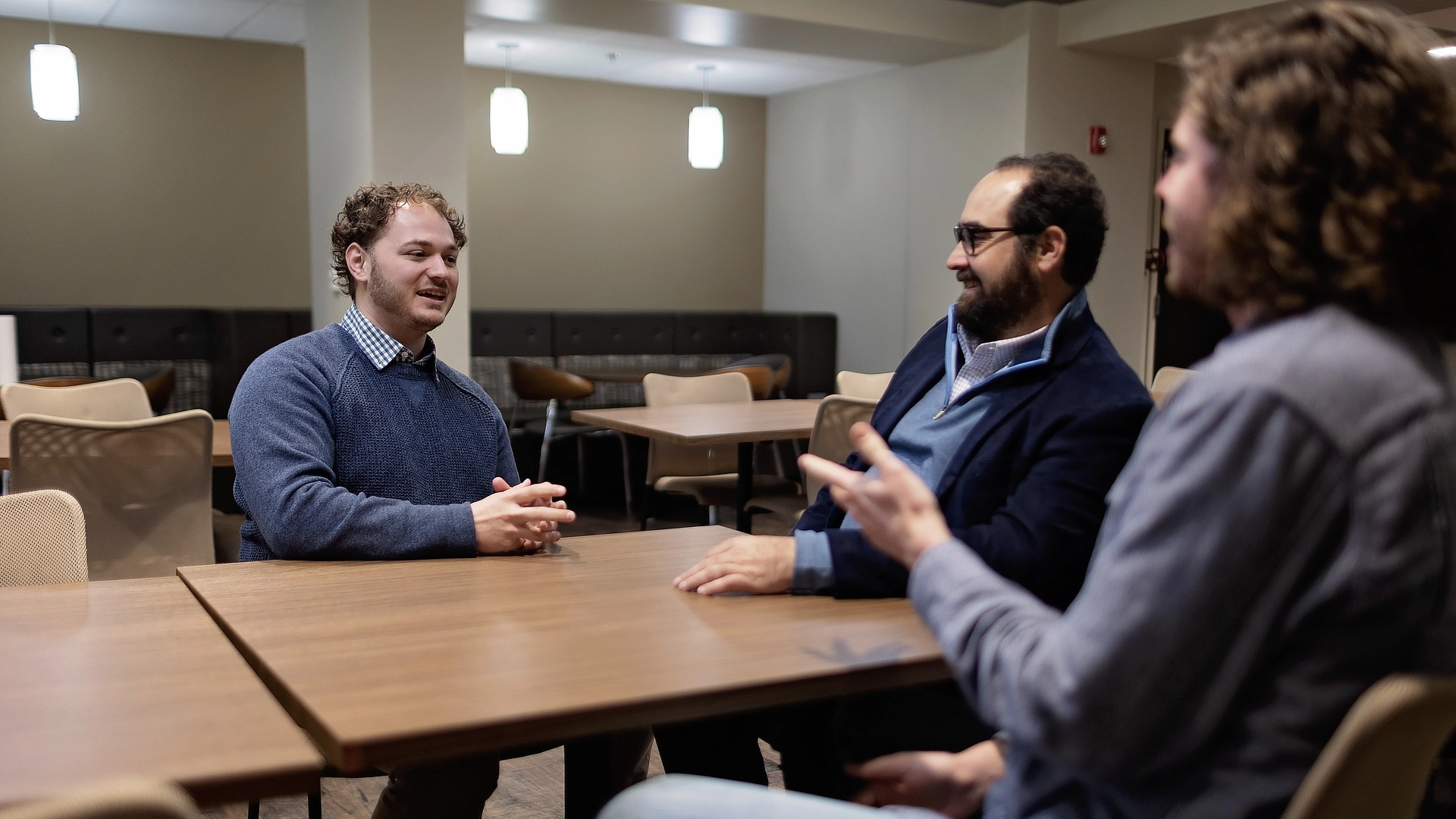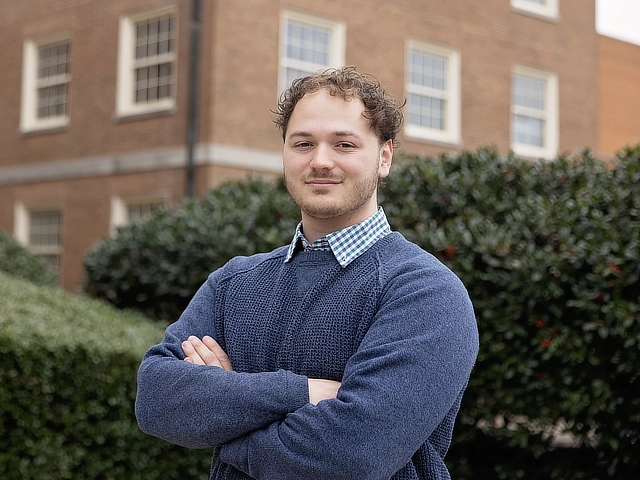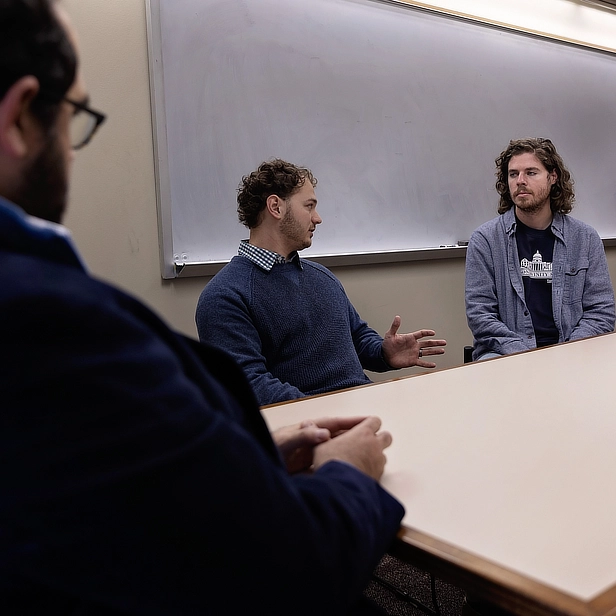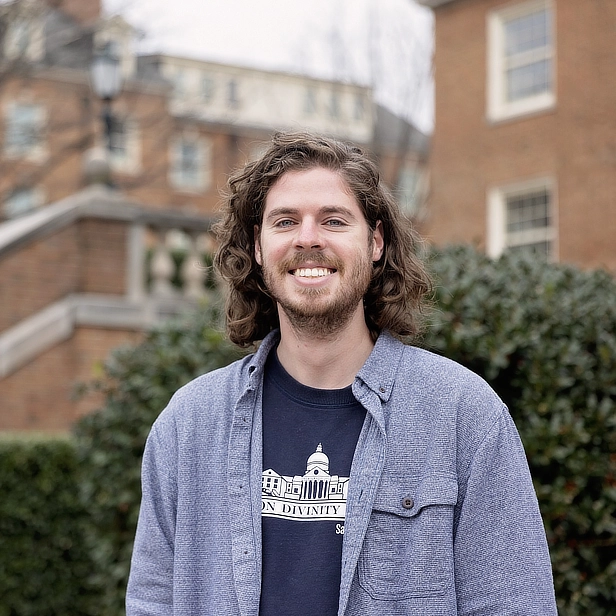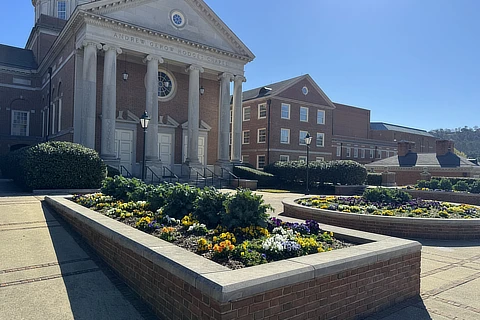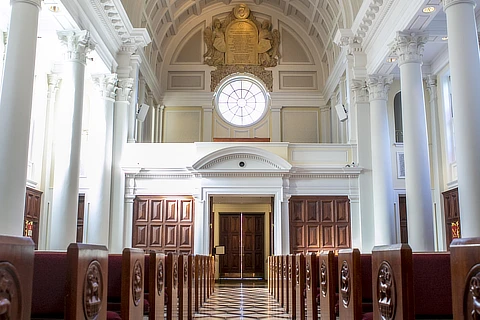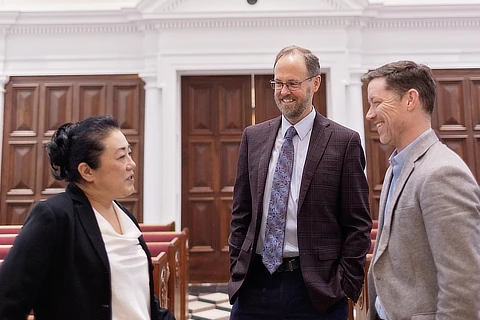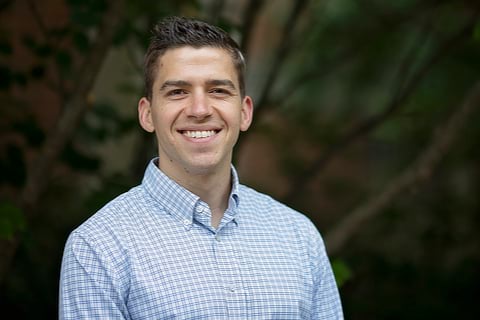PhD Frequently Asked Questions
Are there scholarships or other forms of financial assistance available to PhD students?
We do not currently offer scholarships or financial assistance, but hope to in the near future. Students can apply for federal student loans. For questions about this, please contact Samford One Stop at onestop@samford.edu
How much time are PhD students required to spend on campus?
Newly admitted students are required to attend a two-day orientation on the Samford campus. In the first two years of study, students complete five seminars. The seminars are offered in spring, summer and fall. Each seminar meets on the Samford campus for one week (five consecutive days).
Are PhD students required to pay for their own food, lodging and transportation when attending on-campus programs (such as orientation and seminars)?
Yes, all expenses associated with attending on-campus programs are the student’s responsibility. We are, however, happy to recommend places to stay in the Birmingham area. Please reach out to Victoria Graves at victoria.graves@samford.edu.
Are there any language requirements for the PhD program?
Admission to the PhD program requires previous graduate-level course work in the biblical languages. As pertains to modern research languages or Latin, proficiency requirements depend on the subject matter of one’s dissertation. If, for example, one is writing on Augustine, then Latin will be requisite. If, by way of another example, a student is researching biblical studies, modern German will be important for one’s research. These decisions will be made in consultation with the student’s supervisor.
How do I schedule a visit?
To schedule a visit, please contact Victoria Graves at victoria.graves@samford.edu. Please keep in mind that visitation hours are only between the days Monday-Friday and the hours of 8:30 a.m. to 4:00 p.m.
What does the ideal PhD student look like?
Ideal students will embody the following: an evangelical commitment to Holy Scripture, a warm embrace of the Great Tradition and an appreciation of the Reformation’s enduring value; a clear sense of vocation with respect to the church; the intellectual virtues requisite for theological and ecclesial growth; a curious mind demonstrated in broad reading patterns and a love for the subject matter able to carry one’s research to a final form. The admission committee hopes for applicants from various backgrounds and theological formation.
What does a good PhD research proposal look like?
A good research proposal will demonstrate the student’s understanding of the nature of an academic dissertation and how their own research will advance a scholarly conversation. Questions: What is the proposed field of research? Who are some of the key interlocutors in the field? What is the basic state of the question? How will my own research enter this scholarly conversation and advance the discussion/understanding of the subject matter? Proposals do not operate like contracts, and the admission committee understands that research will shift and change during the course of one’s study. However, students should demonstrate the ability to do primary and secondary research with respect to the proposed field for admission to the program.
Doctoral Application Process
Admission Requirements
Admission to the PhD program is competitive. Applicants for admission must possess a strong record of achievement in previous graduate theological studies and evidence capacity for success in doctoral-level studies. They must demonstrate commitment to the Christian faith, Christian character and maturity, orthodox and confessional doctrinal convictions and a desire to serve the church of Jesus Christ. To this end, they must be able to articulate coherently their research interests and vocational objectives.
Consideration for admission will be given to applicants who hold a Master of Divinity (MDiv) degree or its educational equivalent from an ATS-accredited school, with a GPA of 3.5 or above. Consideration may be given to applicants who do not hold the MDiv degree if, in the view of the admission committee, the applicant’s previous graduate theological studies include sufficient coverage of the theological disciplines to prepare them well for research doctoral studies. Acceptable candidates for admission will have completed a minimum of six hours of graduate coursework in the biblical languages. Competence in the biblical language(s) and any modern research languages pertinent to a student’s dissertation must be demonstrated before comprehensive exams.
Application Timeline and Deadlines
The PhD in Theology for the Church accepts students for a fall term admission. The application window opens September 2 and the application deadline is April 1. Admission decisions are made and communicated in May.
Application Requirements
- Completed online application and $35 application fee
- Official transcripts from all schools attended since high school
- Ministry resume or curriculum vitae
- Three letters of recommendation: two academic recommendations and one pastoral/church recommendation.
- An academic writing sample (3,000-5,000 words) from within the last five years
- Two essays
- Statement of intended research interest (1,000-1,500 words): the admission committee recognizes students will circle around various dissertation ideas when discerning their research topic. This statement seeks an understanding of the student’s general field of interest for the dissertation (e.g., Patristics or Pauline Epistles), aiding the committee in its assigning of faculty supervisors. Also, this statement should demonstrate the applicant’s awareness of the particular field they wish to engage at the dissertation level.
- Statement of motivation and purpose for the degree (1,000-1,500 words): this essay provides the admission committee with an understanding of the student’s motivation for postgraduate study (i.e., “why” and “for what purpose”). It is important for the student to craft this essay in conversation with the program overview.

